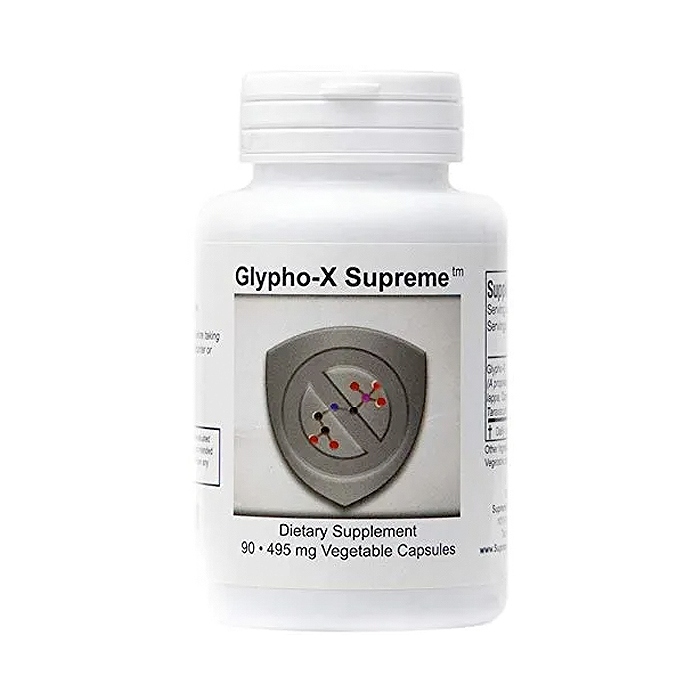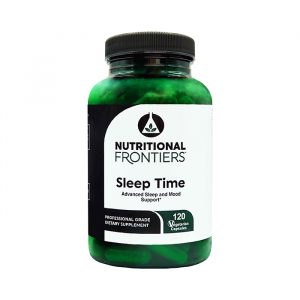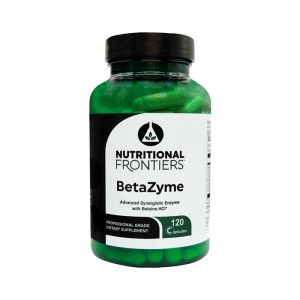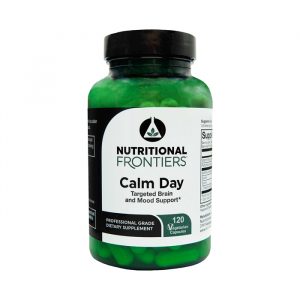Description
Glypho-X Supreme: Natural Defense Against Glyphosate and Herbicide Exposure
Glypho-X Supreme provides an effective way to combat the harmful effects of glyphosate (commonly known as Roundup), a herbicide linked to various health issues. Since its introduction in the 1970s, glyphosate usage has skyrocketed, becoming the most common herbicide in the U.S. It’s frequently sprayed on non-organic crops just before harvest, leading to increased glyphosate residues in food. In 2015, the World Health Organization classified glyphosate as “probably carcinogenic,” connecting it to conditions like leaky gut, mitochondrial dysfunction, kidney damage, and even breast cancer.
Why Choose Glypho-X Supreme?
Glypho-X Supreme combines powerful herbs that defend the body against glyphosate exposure. Research shows that specific herbs can protect the liver from glyphosate-induced damage. The key ingredients—Taraxacum officinale (dandelion), Arctium lappa (burdock), and Ocimum basilicum (basil)—are well-known for their detoxifying and protective properties.
Top Benefits of Glypho-X Supreme
1. Shields the Body from Glyphosate Damage
Research reveals that dandelion and burdock protect the liver from glyphosate damage. By using these herbs, it helps defend the body from harmful toxins in herbicides and pesticides.*
2. Enhances Liver Detoxification
This product supports liver health. Dandelion helps lower cholesterol and triglycerides while boosting HDL levels, promoting healthy liver function. Burdock is known for its detoxifying properties, which shield the liver from chemical damage. Basil enhances detox by increasing phase II enzyme activity, which helps the body eliminate harmful substances faster.*
3. Fights Inflammation
Glypho-X Supreme helps reduce inflammation throughout the body. Burdock lowers inflammatory markers such as IL-6 and TNF-α, helping prevent chronic health problems triggered by inflammation.*
4. Provides Antioxidants and Antimicrobial Benefits
Dandelion, burdock, and basil are rich in antioxidants, which protect the body from oxidative stress. These herbs also offer antiviral, antibacterial, and antifungal properties, supporting overall immune health.*
5. Promotes Heart Health
Dandelion not only protects the liver but also improves heart health by lowering cholesterol and reducing the risk of heart disease. The anti-inflammatory and detoxifying effects help support a healthy cardiovascular system.*
How Glypho-X Supreme Works
Glypho-X Supreme uses dandelion, burdock, and basil to target the pathways affected by glyphosate exposure. These herbs help detoxify the liver, reduce inflammation, and protect against toxins that may harm the body. By enhancing liver function and supporting the immune system, it promotes overall well-being and reduces the harmful impact of herbicides.
Recommended Dosage
- First Bottle: Take 1 capsule three times a day to detoxify the body from glyphosate and other harmful chemicals.
- Maintenance Dose: After the initial bottle, take 1 capsule as needed, especially when consuming foods that might contain herbicide or pesticide residues.
Always consult your healthcare provider before starting, especially if you have a bleeding disorder, are allergic to ragweed, or are pregnant.
Scientific Backing for Glypho-X Supreme
- Glyphosate Protection: Studies show that dandelion and burdock reduce liver damage caused by glyphosate by up to 89%.*
(Gasnier et al., 2010) - Liver Health: Dandelion lowers cholesterol and supports liver detoxification.*
(Al-Malki et al., 2013) - Anti-Inflammatory Effects: Burdock reduces inflammation by lowering key markers like IL-6 and TNF-α, which contribute to chronic inflammation.*
(Huang et al., 2010) - Detoxification Support: Basil boosts phase II detox enzymes, helping the body get rid of harmful chemicals faster.*
(Dasgupta et al., 2004)
Frequently Asked Questions (FAQs)
- What is Glypho-X Supreme used for?
It helps detox the body from glyphosate and other herbicides while supporting liver, immune, and cardiovascular health. - How does Glypho-X Supreme protect against glyphosate?
The blend of dandelion, burdock, and basil in it shields the liver from glyphosate damage. Basil also helps detoxify the body, making it more efficient in processing harmful chemicals. - How should I take Glypho-X Supreme?
Take 1 capsule three times daily for optimal detox results. After the first bottle, you can take 1 capsule as needed, particularly when eating foods that may contain pesticide residues. - Is Glypho-X Supreme safe for daily use?
Yes, it is safe for regular use. However, consult your doctor if you have any concerns, such as a bleeding disorder, allergies to ragweed, or pregnancy. - Can Glypho-X Supreme reduce inflammation?
Yes, ingredients like burdock and dandelion help reduce inflammation by lowering inflammatory markers, which contributes to better overall health. - What cardiovascular benefits does Glypho-X Supreme offer?
Dandelion supports heart health by lowering cholesterol and reducing the risk of cardiovascular diseases, making it a great supplement for maintaining heart health.
Conclusion
Glypho-X Supreme provides a natural, effective solution for protecting the body from the harmful effects of glyphosate and other herbicides. By combining dandelion, burdock, and basil, it supports liver detoxification, reduces inflammation, and promotes overall health. Whether you’re looking to detox from chemical exposure or maintain long-term health, it offers a safe and reliable way to reduce your body’s toxic load.






Reviews
There are no reviews yet.